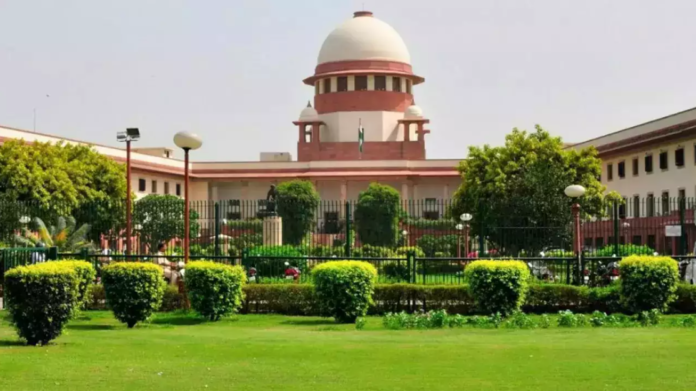The Supreme Court on Tuesday issued a stern directive against demolition exercises across the country without its explicit permission, in an effort to curb what has been termed as “bulldozer justice.” The court, while asserting that even a single instance of illegal demolition contravenes the ethos of the Indian Constitution, emphasized the need for procedural fairness in such actions.
A bench comprising Justices B.R. Gavai and K.V. Viswanathan clarified that the ruling would not apply to unauthorized structures on public roads, footpaths, water bodies, and railway tracks. However, the court firmly stated that demolishing properties unlawfully, even in isolated cases, erodes constitutional values.
“Even if there is one instance of illegal demolition, it is against the ethos of our Constitution,” the bench observed, underlining the principle of fairness in administrative actions.
The court was hearing a batch of petitions filed against the demolition of properties allegedly belonging to individuals accused of crimes. The petitioners claimed that the practice of demolishing properties was being used as a punitive measure in several states.
During the hearing, Solicitor General Tushar Mehta contended that a “narrative” was being built around such demolitions, suggesting that the perception was misleading. He urged the court to ensure that external pressure and public sentiment did not influence its proceedings.
In response, the bench reassured Mehta, stating, “Rest assured that outside noise is not influencing us.” The court has scheduled the next hearing on the matter for October 1. This move comes amidst growing concern over the use of bulldozers by various state authorities to raze the homes and properties of individuals accused of criminal activities, raising questions about due process and fairness.



